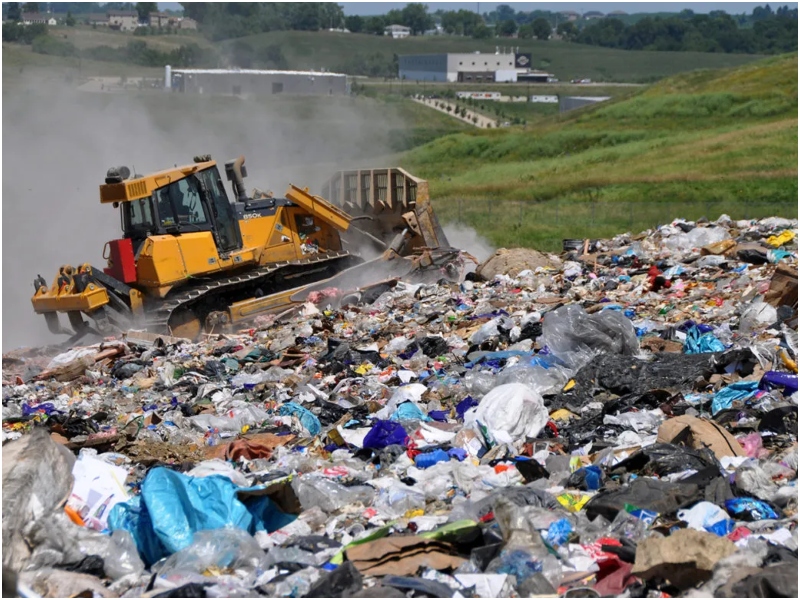The case study delves into the often-overlooked aspect of landfill closure and post-closure use, mirroring the discussions surrounding urban redevelopment catalyzed by the Brownfields legislation.
It explores the significant potential for positive reuse opportunities inherent in the proper closure and repurposing of solid waste landfills, particularly focusing on over 100 unlined landfills in Massachusetts. Through a detailed analysis, the study highlights the regulatory framework, assessment process, and legal implications involved in transforming these sites into assets for communities.
According to the Massachusetts Department of Environmental Protection’s Solid Waste Master Plan, the state is nearing the end of its reliance on potentially polluting unlined landfills.
The study outlines the rigorous assessment and closure procedures mandated by the state, emphasizing the need for meticulous planning to ensure compliance and mitigate environmental risks. Moreover, it sheds light on the diverse post-closure possibilities, from recreational areas to commercial ventures, underscoring the transformative impact such initiatives can have on land use and community development.
Through compelling case studies of three Massachusetts municipalities, the study illustrates how proactive planning and strategic partnerships can turn the challenge of landfill closure into an opportunity for community revitalization.
It explores the intricacies of navigating regulatory requirements, securing financing, and engaging stakeholders in post-closure redevelopment efforts. Ultimately, the case study serves as a blueprint for municipalities seeking to leverage underutilized landfill sites as catalysts for sustainable growth and positive social impact.
Click here the access the full case study edited and reviewed by FindLaw Attorney Writers.

